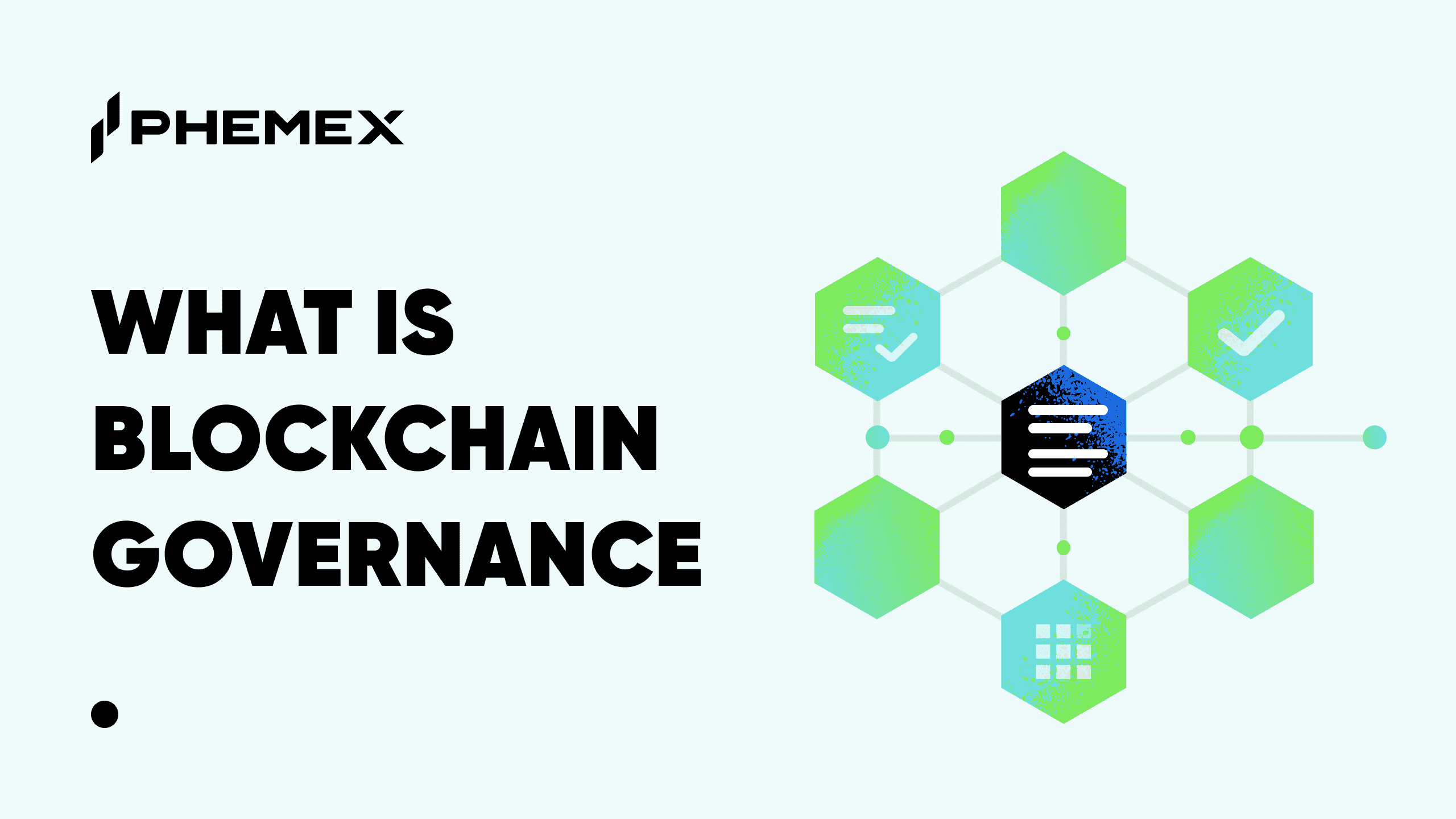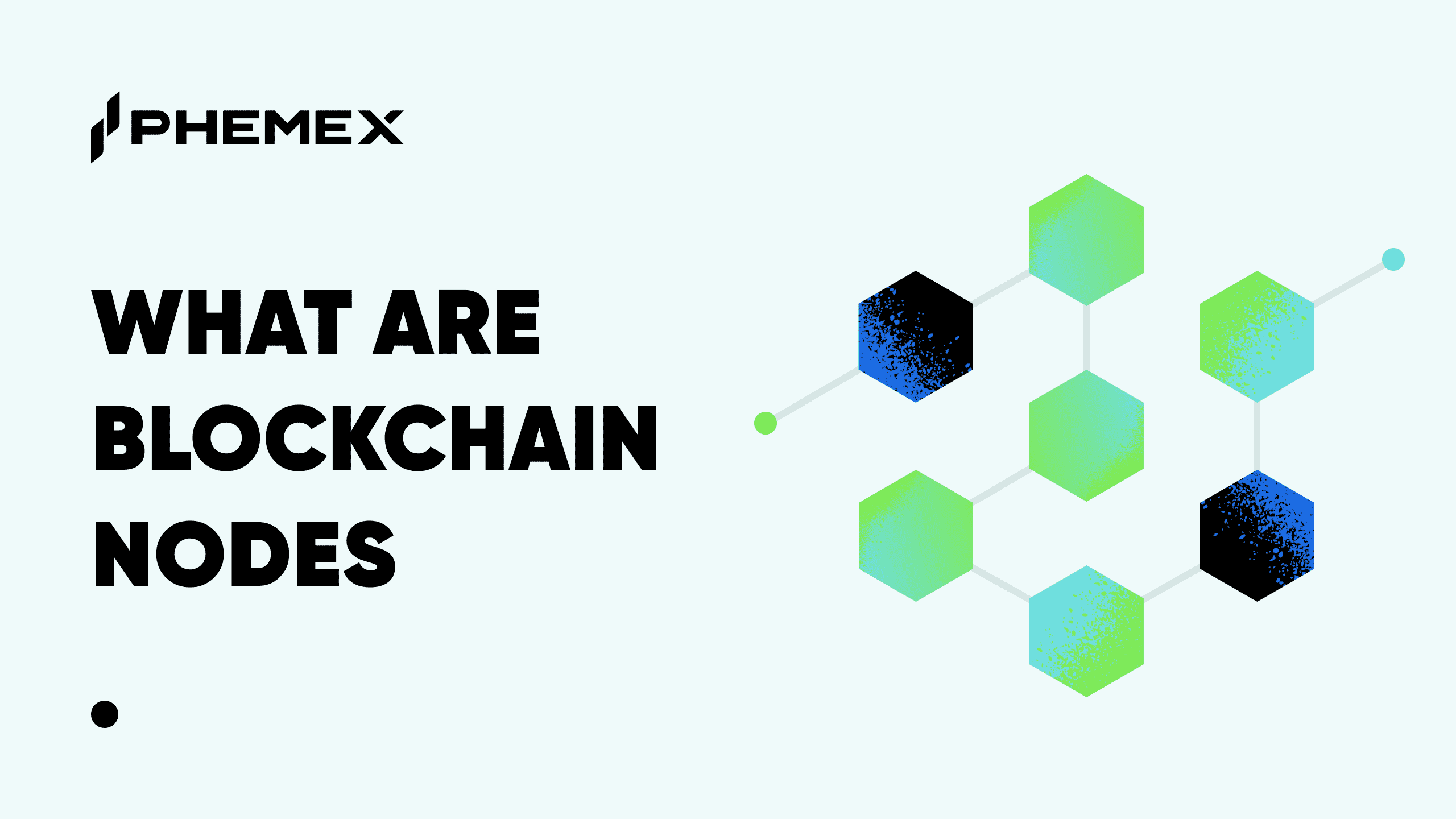Ever since their inception, cryptocurrencies have been met with skepticism from mainstream society. This is partially due to the complex technological principles behind the innovation, and also because the crypto space has admittedly been rife with financial scams throughout its history. One of the biggest gripes voiced by the skeptics is crypto’s perceived lack of use case. However, this is a common misconception as various sectors within crypto are seeing wider adoption and boast greater utility compared to their traditional counterparts. In 2025, as the industry continues to develop, the depth and breadth of cryptocurrency use cases will only grow. Here we examine what are some of the ways crypto is already being used to benefit society and how improvements or new methods may emerge in the new year.
Prediction Markets
As a major election year, 2024 saw the rise of Polymarket into mainstream media consciousness due to its live betting odds of the U.S. presidential election. Polymarket is the leading prediction market in crypto, and it enables users to wager on the outcomes of future events. Various topics are wagered on, ranging from economic issues to pop culture to politics. And indeed in the case of the presidential election, Polymarket odds did favor Trump on the day of the election (roughly 60% to 40%) and were proved correct.

The prediction market use case has been highlighted as one in which Web3 versions have significantly greater value proposition than traditional counterparts. Traditional online gambling platforms were an alternative option to bet on the election outcome, but Polymarket took a significant chunk of the wagers precisely because it utilizes blockchain and smart contracts. By using mechanisms like AMMs and order books for executing bets and having all transactions be transparent on the blockchain, users are much more likely to secure over the funds they are betting. Furthermore, since the platform operates via decentralized smart contracts, it isn’t influenced by any single centralized entity that might inject any kind of ideological bias. The fact that prediction markets are thriving means that oracles will continue to be an integral aspect of the blockchain industry, because they are relied upon to deliver accurate and unbiased data to resolve outcomes.
Peg to Fiat as Store of Value
Some of the most widely used cryptocurrencies are stablecoins, which are tokens with a set value pegged to a fiat currency. USDT and USDC are two of the most commonly used stablecoins. Stablecoins were created to minimize the volatility associated with traditional cryptocurrencies by maintaining a consistent value, and they are by far the most widely traded asset class within the crypto sector. Beyond trading, stablecoins serve as a reliable means of value transfer and provide access to the global financial system for individuals in regions experiencing economic instability, volatile domestic currencies, or limited access to traditional banking services.

Just like any currency should, crypto represents a store of value especially for those living in countries where the native fiat currency experiences continuous devaluation through inflation. In keeping with its moniker of “digital gold,” Bitcoin has emerged as a practical store of value for the internet age. While detractors may argue that Bitcoin is not widely used for daily transactions like trips to the grocery store, the same can be said of traditional store of value assets like gold itself. Private wealth management firm Bernstein declared recently in December 2024 that they believe Bitcoin will eventually replace gold as financial institutions preferred allocation for corporate treasury management.
Digital Identity
Blockchain-based identity management systems have the potential to resolve several current challenges related to identity, such as inaccessibility, data insecurity, and fraudulent identities. After all, roughly 842,000 cases of identity theft were reported for just the first three quarters of 2024 in the United States, so the problem is prevalent. Moreover, Around 1.1 billion people globally lack any form of identification, with 45% of them belonging to the poorest 20% of the population.

Blockchain technology enables users to establish and manage digital identities by utilizing a combination of key components, including decentralized identifiers and integrated encryption mechanisms. A decentralized identifier (DID) is a pseudo-anonymous identifier associated with a person, organization, object, or other entities. Each DID is safeguarded by a private key, allowing only the owner of that key to prove control over their identity. These elements are already being used by prominent crypto platforms, such as the Phemex Soul Pass as part of the Phemexia Web3 initiative. Pulse users are also granted their unique DID to track their activity.
With the rise of artificial intelligence enabling more deepfakes and bot content to proliferate the web, proof-of-personhood through a verifiable digital identity is more paramount than ever. Blockchain technology offers the most transparent and secure solution to this problem, and it will likely be one of its most popular use cases over the coming years.
Read More
- Top Crypto Trends Heading into 2025
- What are AI Agents? The Potential Next Big Thing in Crypto
- Top Crypto Trends Heading into 2025
- What are Blockchain Applications and Use Cases?
- Resurgence of DeFi: LINK, AAVE, and New Developments like HYPE
- Rising Use of Artificial Intelligence in Trading
- Web3, AI, and Crypto Converging to Transform the Internet
- What are AI Agents? The Potential Next Big Thing in Crypto
- What Are Prediction Markets: Explained For Beginners
- What is Cryptocurrency & How It Differs From Digital Cash







